2018 Annual Conference: Aerospace – Program
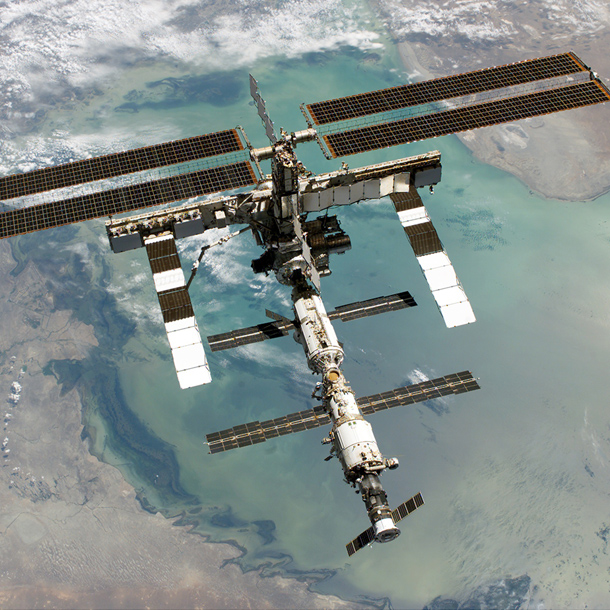
At the 2018 annual conference of The Academy of Medicine, Engineering and Science of Texas (TAMEST), we’ll explore the potential in Texas for greater research and development in aerospace, specifically in the areas of human space flight, aeronautics and commercial space exploration.
The below program is subject to change.
Wednesday, January 10, 2018
Opening Reception
6:30 – 8:30 p.m.
Space Center Houston
International Space Station (ISS) Crew welcomes attendees to the conference (video) and TAMEST recognizes new members.
Thursday, January 11, 2018
All conference programming will take place in the Crystal Ballroom.
Breakfast
7:30 – 8:30 a.m.
Marina Plaza Ballroom
Opening Remarks
8:30 – 8:45 a.m.
TAMEST President Gordon England and Conference Program Chair Bonnie J. Dunbar, Ph.D., welcome attendees to the conference.
NASA 2018 and Beyond: An Integrated View of NASA’s Work to Make the Next Giant Leaps in Exploration
8:45 – 9:10 a.m.
In addition to continuing breakthroughs in aeronautics and space technology, and a breathtaking science portfolio, NASA is developing a flexible deep space infrastructure to support a steady cadence of increasingly complex missions that strengthens American leadership in the boundless frontier of space. With the president’s new Space Policy Directive-1 in place, the agency will build on its work to date with the Space Launch System rocket and Orion spacecraft to support a U.S.-led, integrated program with private sector partners for a human return to the moon, followed by missions to Mars and beyond.
The acting NASA Administrator will discuss the agency’s plans going forward, its partnerships and collaborations, and milestones in the coming year.
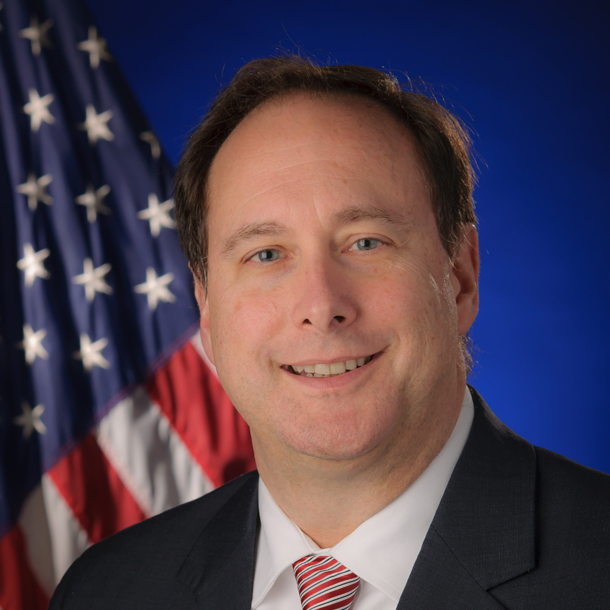
Robert M. Lightfoot Jr.
Administrator (Acting)
NASA
Leaders of Aerospace Research in Texas
9:10 – 10:05 a.m.
Texas is a leader in aerospace—it’s home to the only human space flight center in the nation, two spaceports and multiple universities and research institutes. In this session, leaders from government, universities and research institutes discuss what is happening in the aerospace field at their organizations, and what skills and resources are needed to ensure a stronger future for the aerospace sector in Texas.
Moderator: Bob Metcalfe, Ph.D. (NAE) Professor of Innovation, The University of Texas at Austin
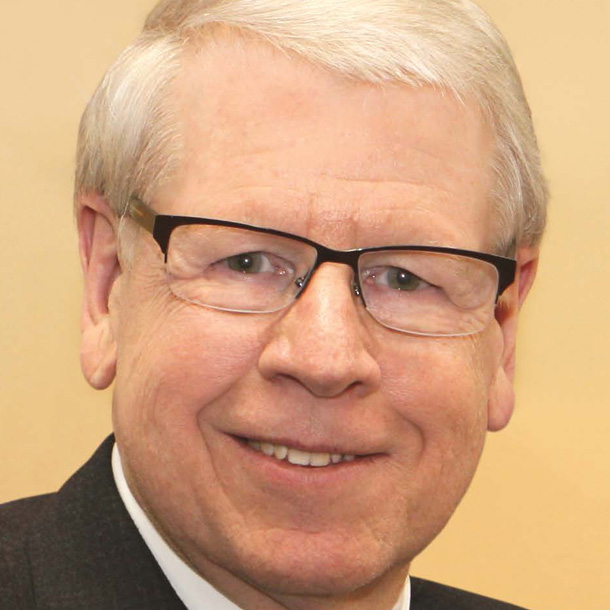
David Daniel, Ph.D. (NAE)
Deputy Chancellor
The University of Texas System
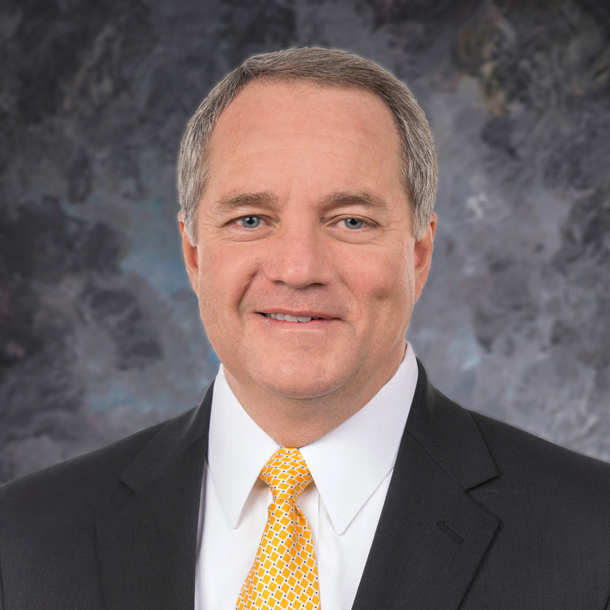
Adam L. Hamilton, P.E.
President and CEO
Southwest Research Institute
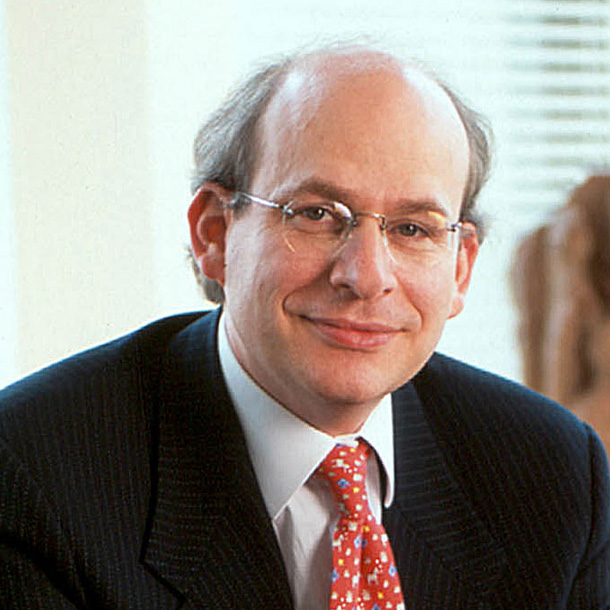
David Leebron, J.D.
President
Rice University
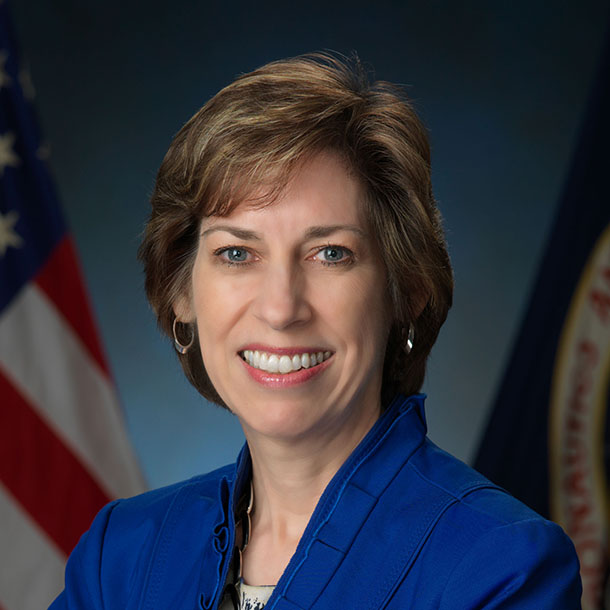
Ellen Ochoa, Ph.D.
Center Director
NASA Johnson Space Center
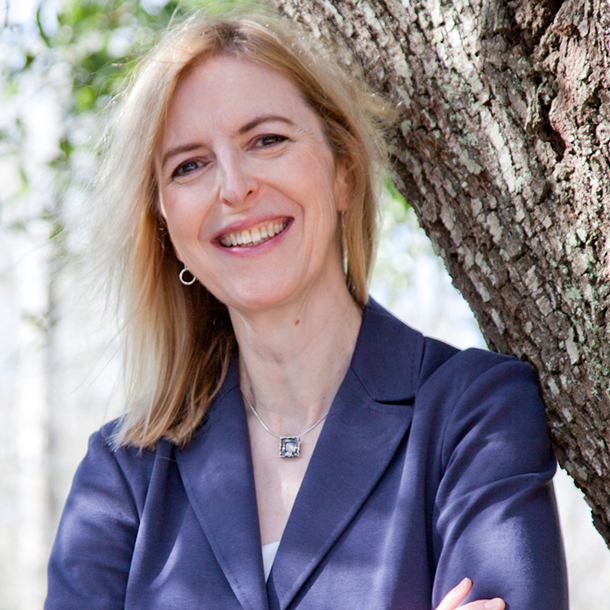
Louise Prockter, Ph.D.
Director
Lunar and Planetary Institute, USRA
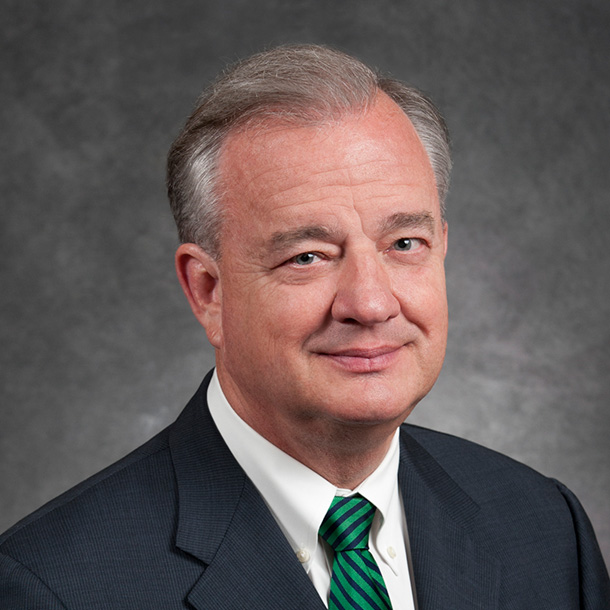
John Sharp
Chancellor
The Texas A&M University System
Break
10:05 – 10:20 a.m.
Human Spaceflight: International Space Station (ISS) Breakthroughs
10:20 a.m. – 12:10 p.m.
Panelists will present engineering, science and medical advancements and contributions taking place aboard the ISS and the challenges ahead for future explorations.
Moderator: Ellen Ochoa, Ph.D., Center Director, NASA Johnson Space Center
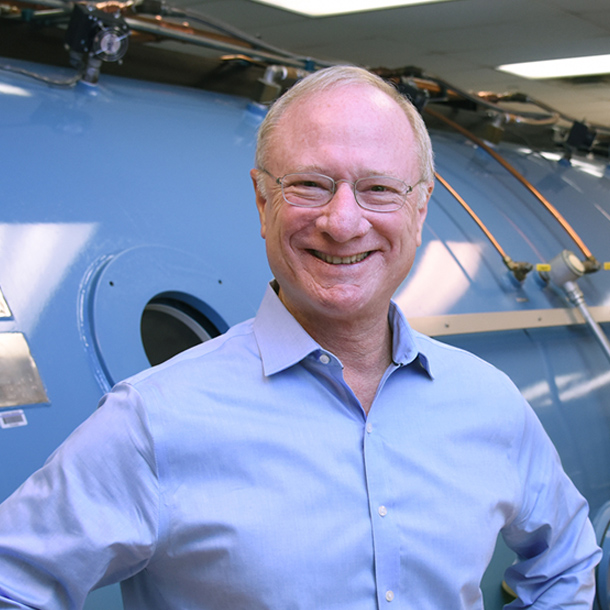
Benjamin D. Levine, M.D.
Professor of Internal Medicine and Cardiology
UT Southwestern Medical Center
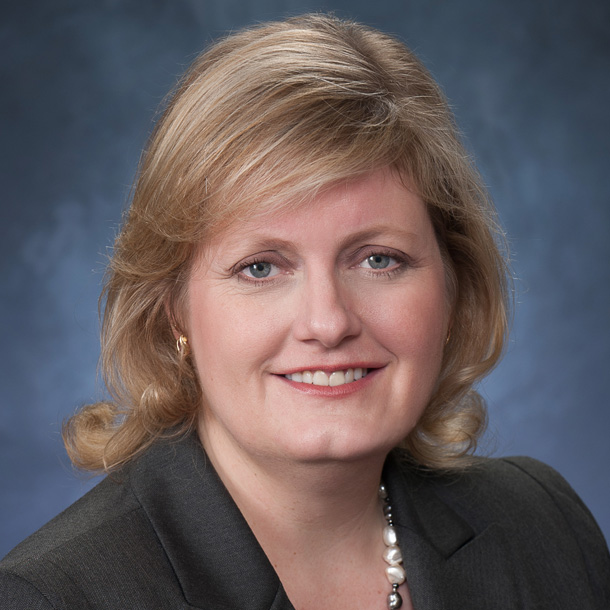
Julie Robinson, Ph.D.
Chief Scientist
International Space Station, NASA
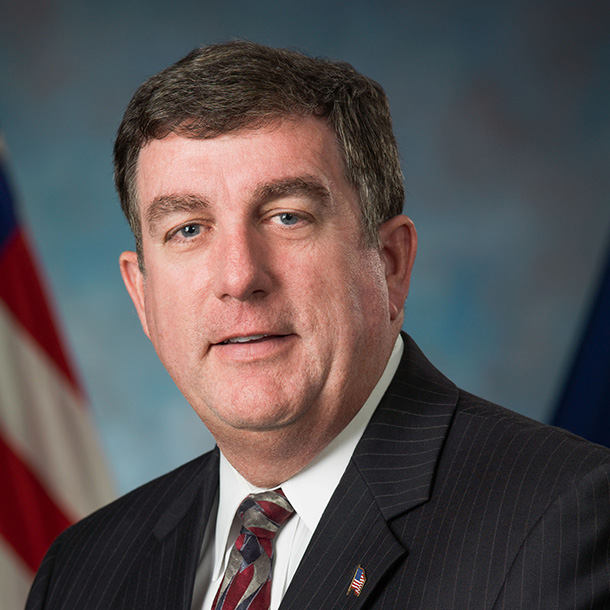
Kirk Alden Shireman
International Space Station Program Manager
NASA
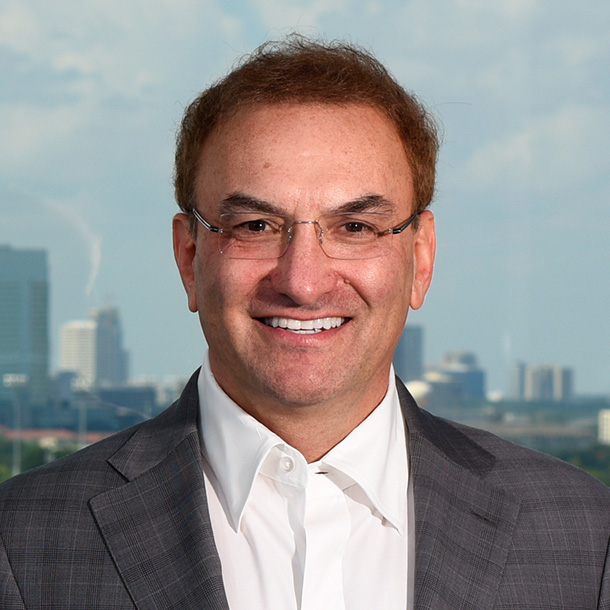
Jeffrey P. Sutton, M.D., Ph.D.
Center for Space Medicine
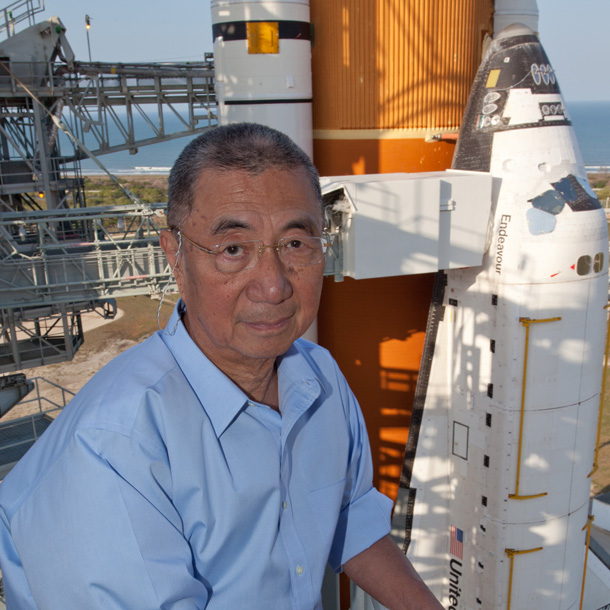
Sam Ting, Ph.D.
MIT
Break
12:10 – 12:40 p.m.
Lunch Presentations
Frontier of Commercial Space Flight
12:40 – 2:05 p.m.
Commercial space flight is an emerging field and Texas is at the forefront. With two commercial launch sites in Texas and two space ports designated by the FAA, this industry brings private and public partners together in new ways. Leaders in commercial space talk about what’s happening in the field and what’s next for Texas.
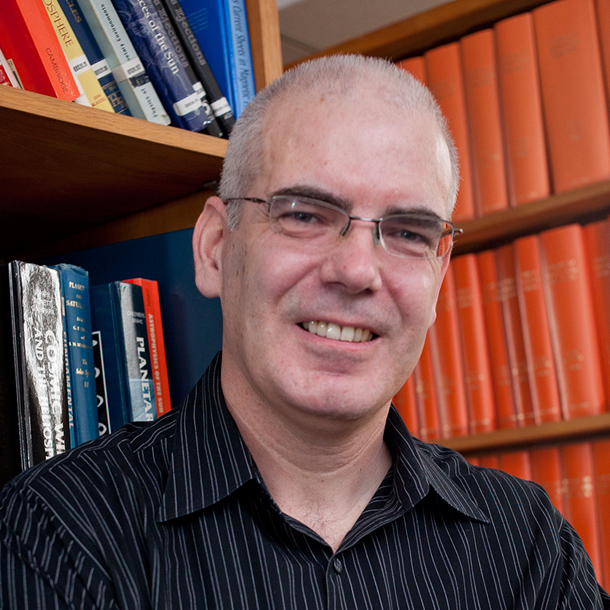
David Alexander, Ph.D.
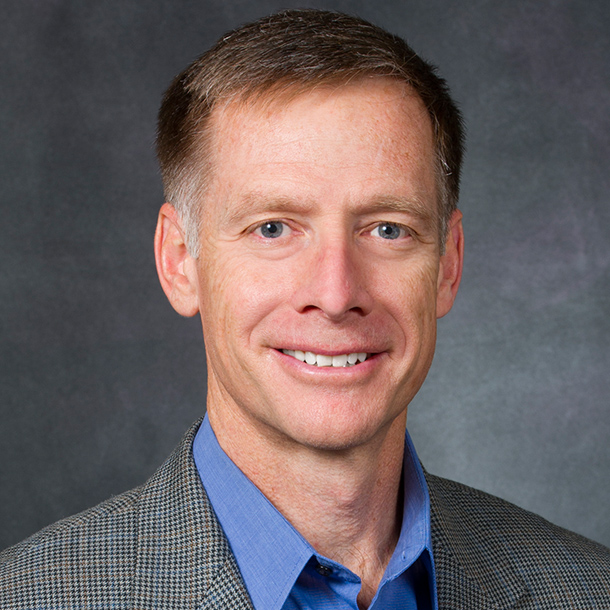
Christopher Ferguson
Deputy Program Manager of Operations
Boeing Commercial Crew Program
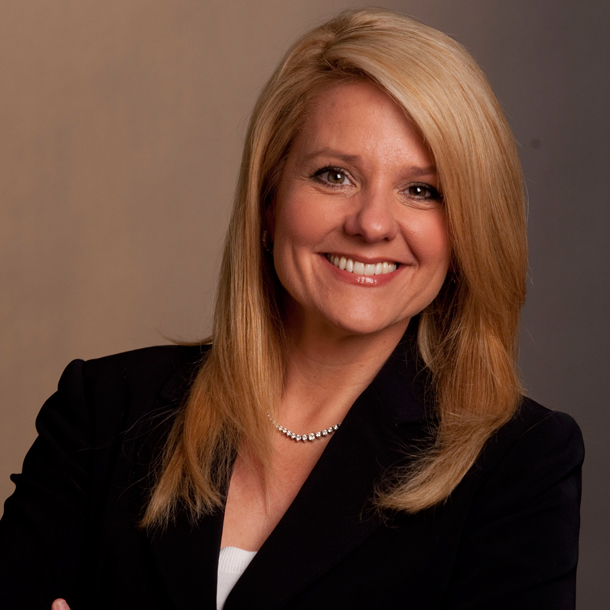
Gywnne Shotwell
President and COO
SpaceX
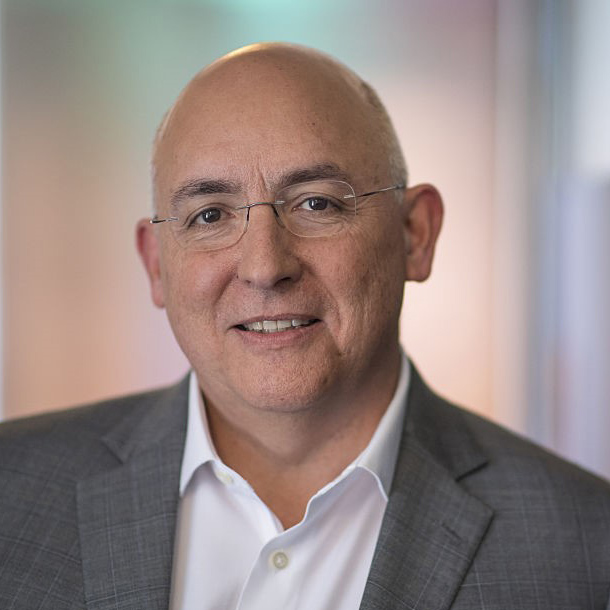
Michael T. Suffredini
Axiom Space, LLC
Break
2:05 – 2:20 p.m.
Texas Aeronautics: Business, Education and Research Opportunities
2:20 – 4:00 p.m.
Currently, Texas employs more than 148,000 people in aerospace, making the field a key economic driver for the state. What can the state do to help support the industry as it continues to have an impact in Texas?
In this session, we’ll hear from an industry association, aeronautics manufacturers and an airline provider on the business, technical and workforce challenges of the industry.
Moderator: H. Norman Abramson, Ph.D. (NAE), Retired Executive Vice President, Southwest Research Institute
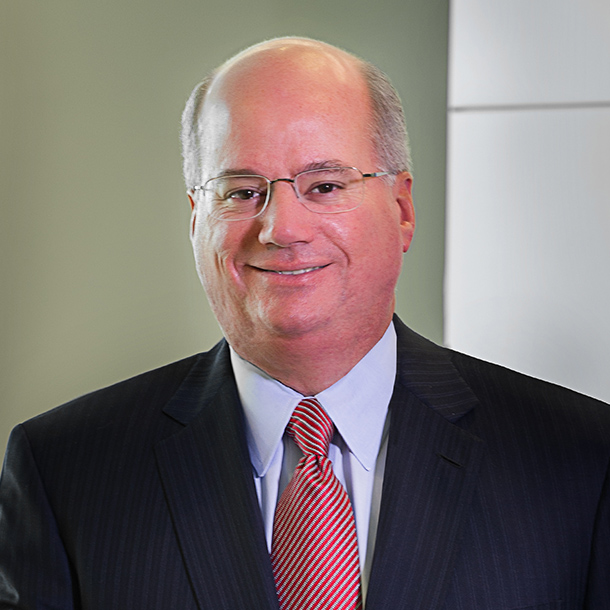
Orlando P. Carvalho
Executive Vice President, Aeronautics
Lockheed Martin
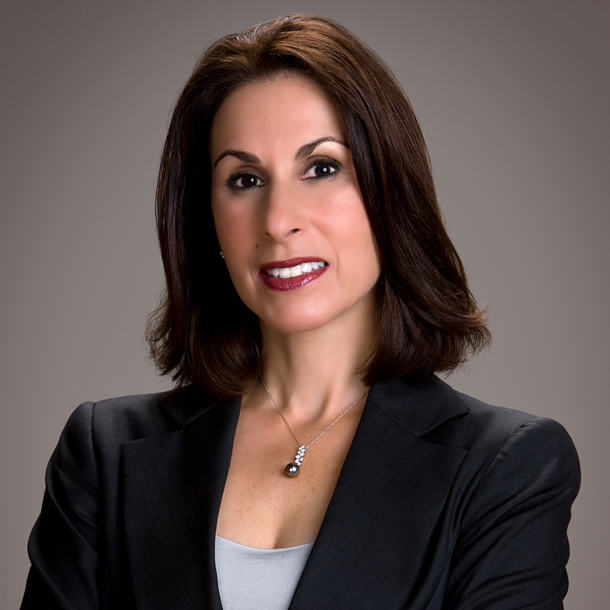
Janine K. Iannarelli
Founder and President
Par Avion Ltd.
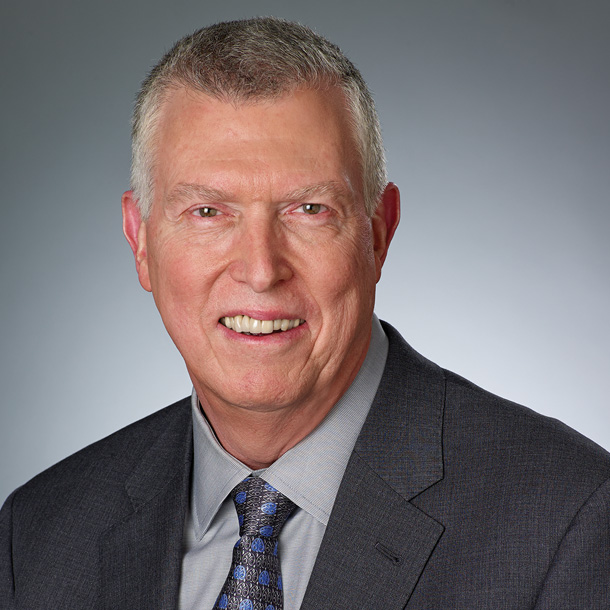
Ron Ricks
Vice Chairman, Board of Directors
Southwest Airlines Co.
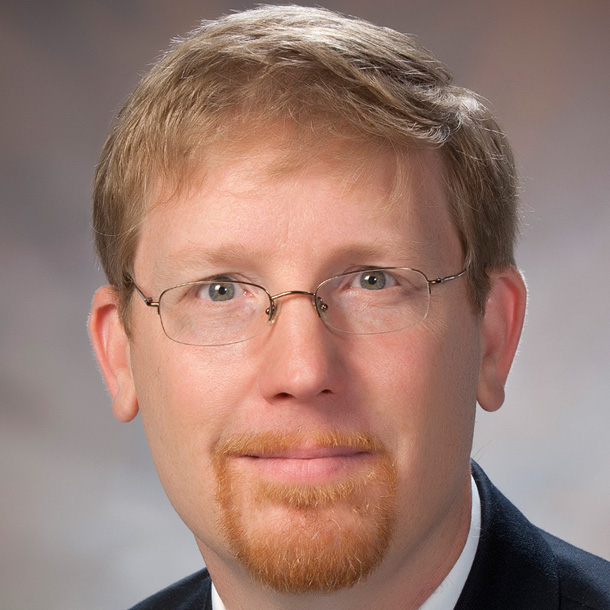
Michael Thacker
Executive Vice President, Technology and Innovation
Bell Helicopter
Break
4:00 – 4:20 p.m.
Aeronautics Research: Challenges and Successes
4:20 – 5:50 p.m.
In this conversation, a variety of aeronautics researchers will discuss their specific research needs and discoveries. This session will also address the research and workforce preparations needed in the future to maintain a thriving aeronautics industry.
Moderator: H. Norman Abramson, Ph.D. (NAE), Retired Executive Vice President, Southwest Research Institute
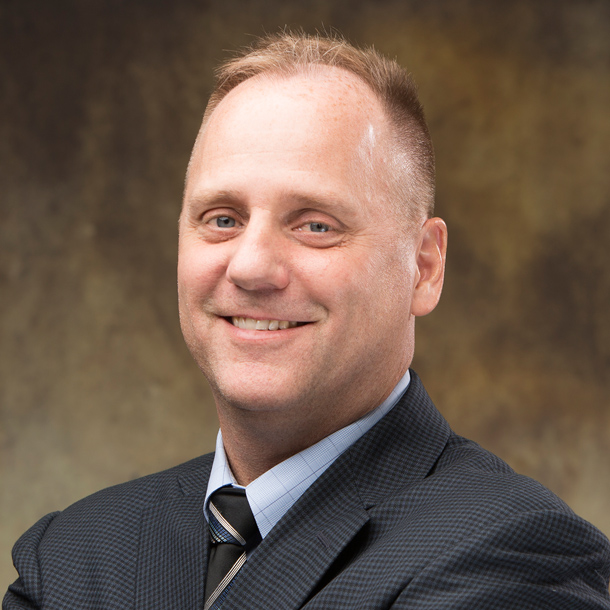
Rodney Dale Welch Bowersox, Ph.D.
Department Head and Ford I Professor of Aerospace Engineering
Texas A&M University
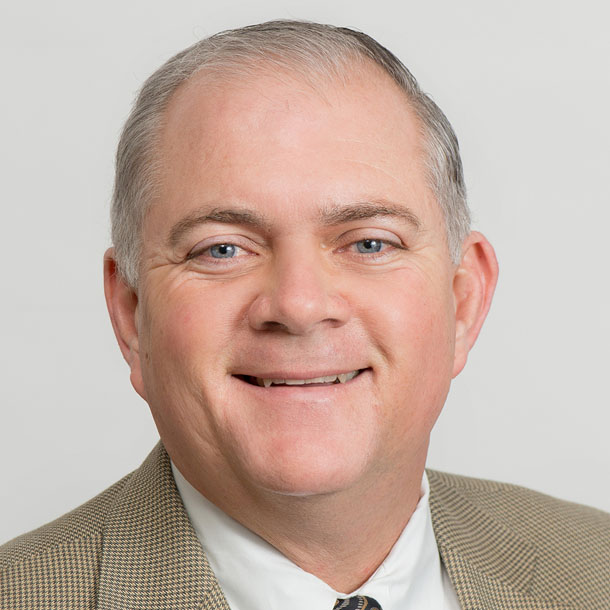
Jerry Hendrix
Executive Director, Lone Star UAS Center of Excellence & Innovation
Texas A&M University-Corpus Cristi
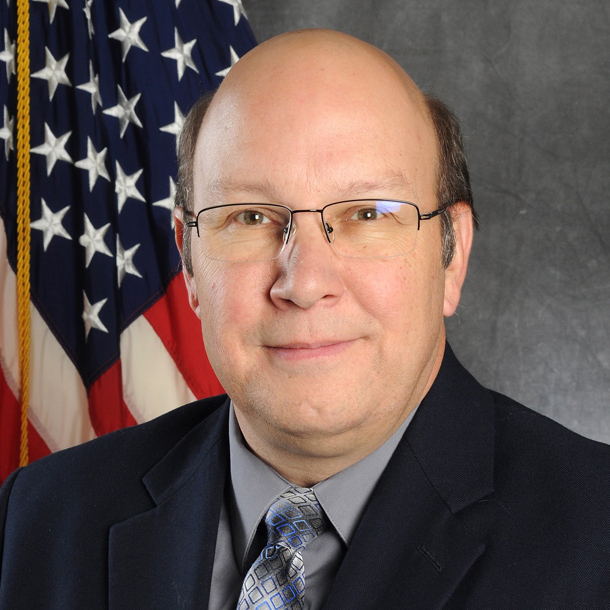
Glenn W. Liston
Chief
Air Force Research Laboratory High Speed Propulsion Branch
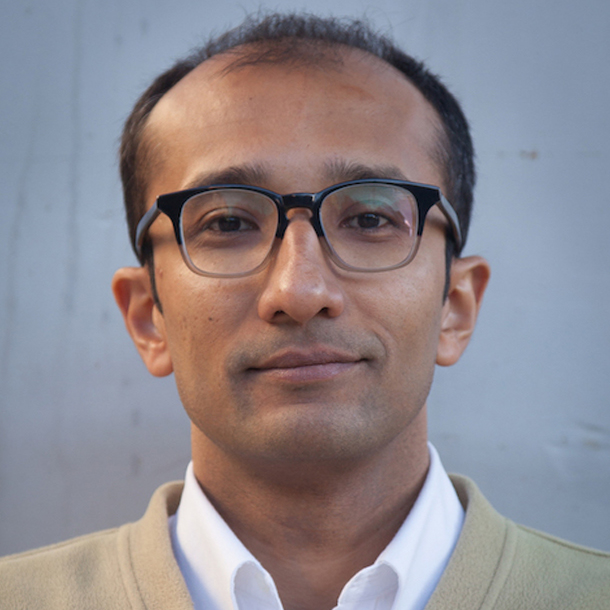
Jayant Sirohi, Ph.D.
The University of Texas at Austin
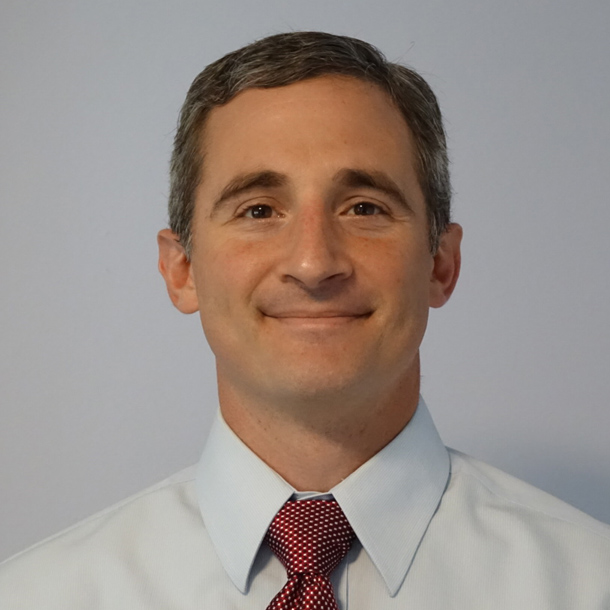
Luciano Smith
Principal Engineer, Aerospace Structures
Southwest Research Institute
Break
5:50 – 7:30 p.m.
Edith and Peter O’Donnell Awards Dinner
7:30 p.m.
Friday, January 12, 2018
All conference programming will take place in the Crystal Ballroom.
Breakfast
7:30 – 8:30 a.m.
Marina Plaza Ballroom
Edith and Peter O’Donnell Awards Recipient Presentations
8:30 – 10:00 a.m.
Medicine
Jordan Scott Orange, M.D., Ph.D.
Professor of Pediatrics and Chief of Immunology, Allergy and Rheumatology
Baylor College of Medicine
Engineering
Delia J. Milliron, Ph.D.
Professor, McKetta Department of Chemical Engineering
The University of Texas at Austin
Science
Xiaoqin Elaine Li, Ph.D.
Associate Professor, Department of Physics
The University of Texas at Austin
Break
10:00 – 10:15 a.m.
Robotic Exploration of the Solar System: From Mercury to Pluto and Beyond
10:15 a.m. – 12:00 p.m.
From our closest planetary neighbor, the moon, out to distant Pluto, the exploration of the solar system by robotic spacecraft over the past decade has yielded many surprises, new insights and understanding. In this session, prominent Texas scientists describe the latest results from a variety of robotic missions and describe our new knowledge of planetary origins, processes and history resulting from these explorations.
Video: Seven Minutes of Terror: The Challenges of Getting to Mars
Moderator: Louise Prockter, Ph.D., Director, Lunar and Planetary Institute, USRA
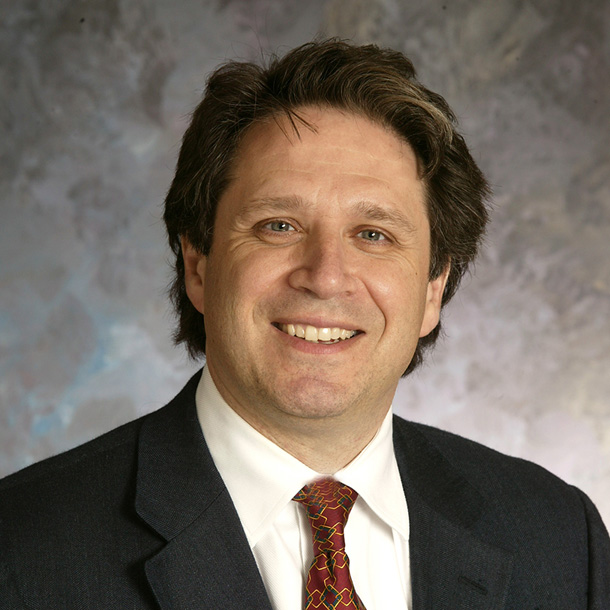
Scott J. Bolton, Ph.D.
Associate Vice President–R&D
Southwest Research Institute
Juno
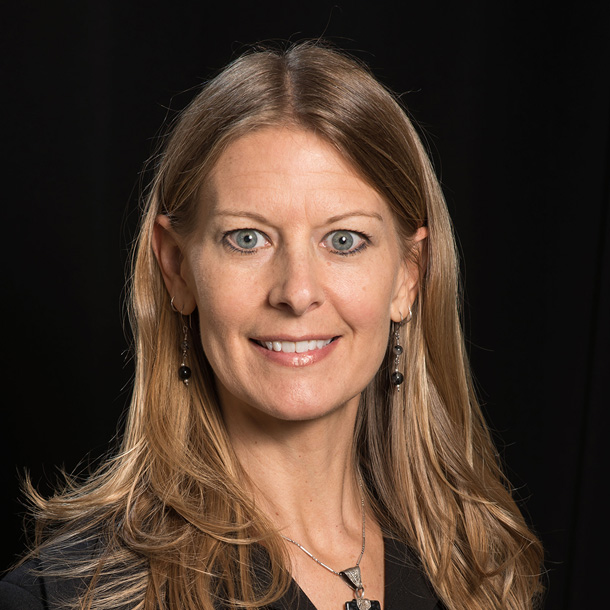
Susan M. Lederer, Ph.D.
Planetary and Space Scientist
NASA Johnson Space Center
New TRAPPIST-1 Exoplanets
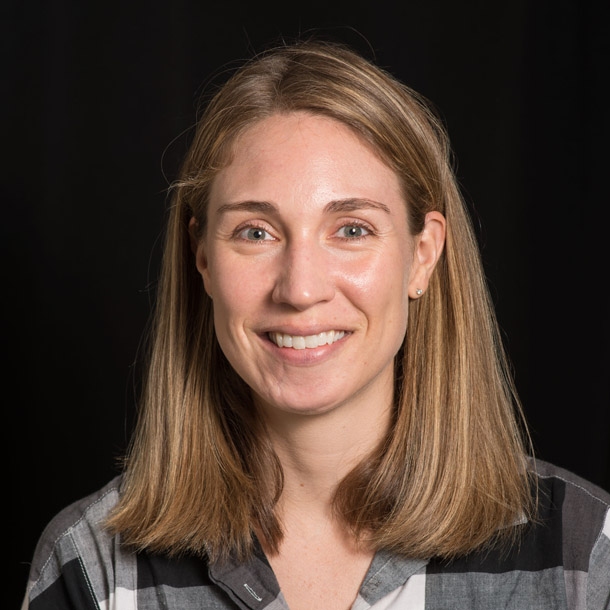
Elizabeth Rampe, Ph.D.
Exploration Mission Scientist
NASA Johnson Space Center
Mars – Curiosity
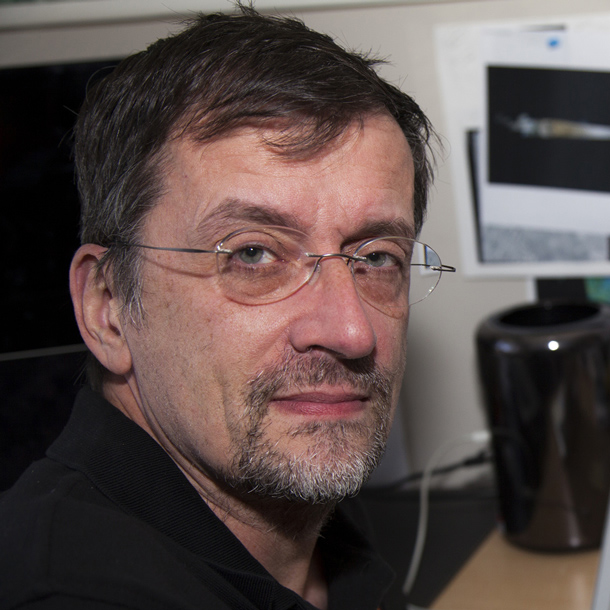
Paul Schenk, Ph.D.
Senior Staff Scientist
Lunar and Planetary Institute
New Horizons Results
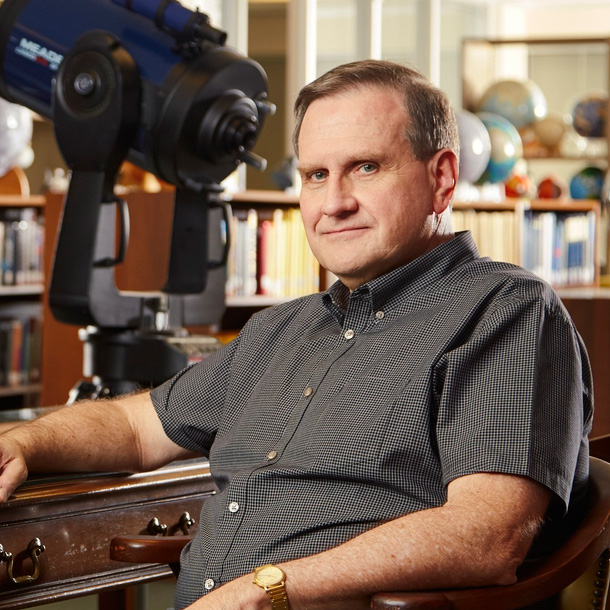
Paul D. Spudis, Ph.D.
Staff Scientist
Lunar and Planetary Institute
The Moon, Return to the Moon
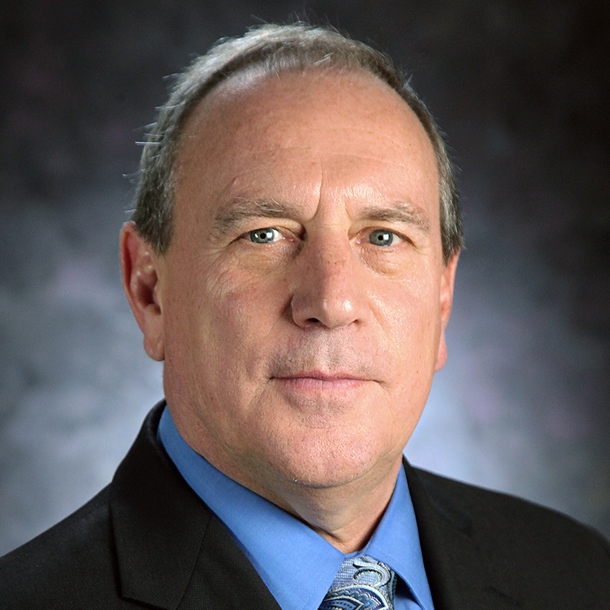
Jack Hunter Waite Jr., Ph.D.
Southwest Research Institute
Saturn – Cassini Observations of Enceladus Plumes
Break
12:00 – 12:15 p.m.
Lunch
12:15 – 1:00 p.m.
Sequencing DNA Aboard the International Space Station (ISS)
1:00p.m. – 1:30 p.m.
The ISS started out as a sterile environment, but after more than 15 years of crews living onboard, it’s full of microbes. With an interest to identify these microbes in real-time as well as a broader interest in studying molecular biology in space, NASA tasked microbiologist Kate Rubins, Ph.D., with setting up a microbiology lab on the station. Dr. Rubins will provide a firsthand account of what it was like to sequence DNA in space for the first time.
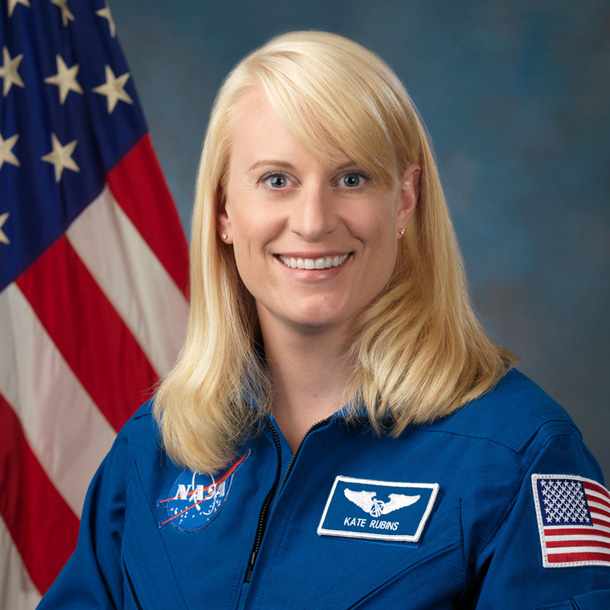
Kate Rubins, Ph.D.
Astronaut
NASA Johnson Space Center
Panel Discussion: Astronauts
1:30 p.m. – 2:30 p.m.
Astronauts manage research on the ISS, design new rockets, are members of NASA leadership and continue to promote a return to the moon. A panel of astronauts from various missions will answer questions about the extensive research and work they do both during and after their flight careers, the experiences they’ve had and their visions for the future of aerospace.
Moderator: Bonnie J. Dunbar, Ph.D. (NAE), Director, TEES Institute, Texas A&M University
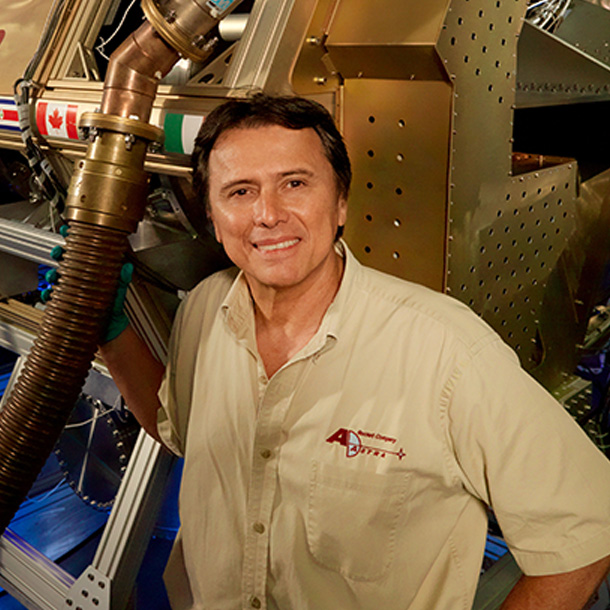
Franklin Chang Díaz, Ph.D.
Chief Executive Officer
Ad Astra Rocket Company
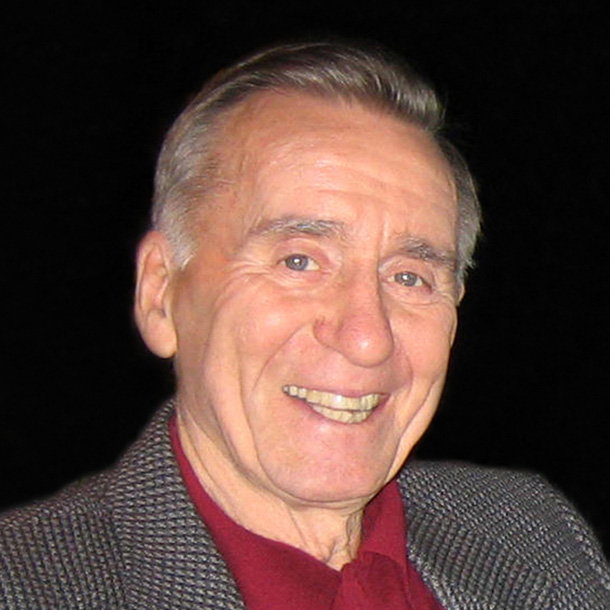
Colonel Walter Cunningham
United States Marine Corps, Retired
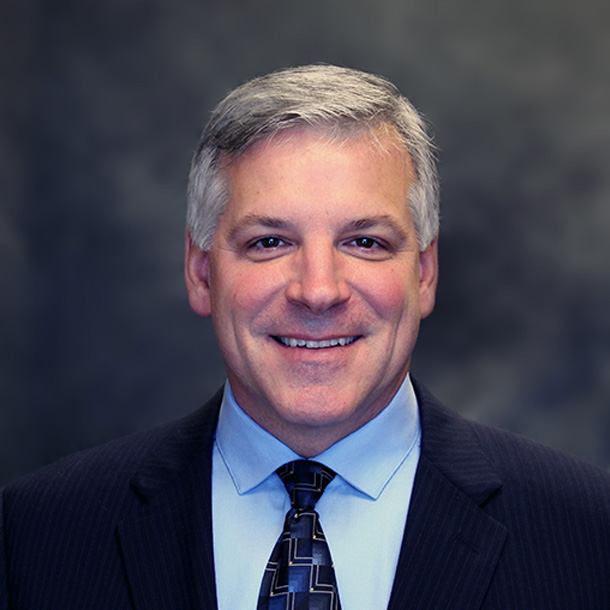
Gregory H. Johnson
President and Executive Director
Center for the Advancement of Science in Space (CASIS)

Ellen Ochoa, Ph.D.
Center Director
NASA Johnson Space Center

Kate Rubins, Ph.D.
Astronaut
NASA Johnson Space Center
TAMEST Leadership Update and Closing Remarks
2:30 p.m. – 2:45 p.m.

